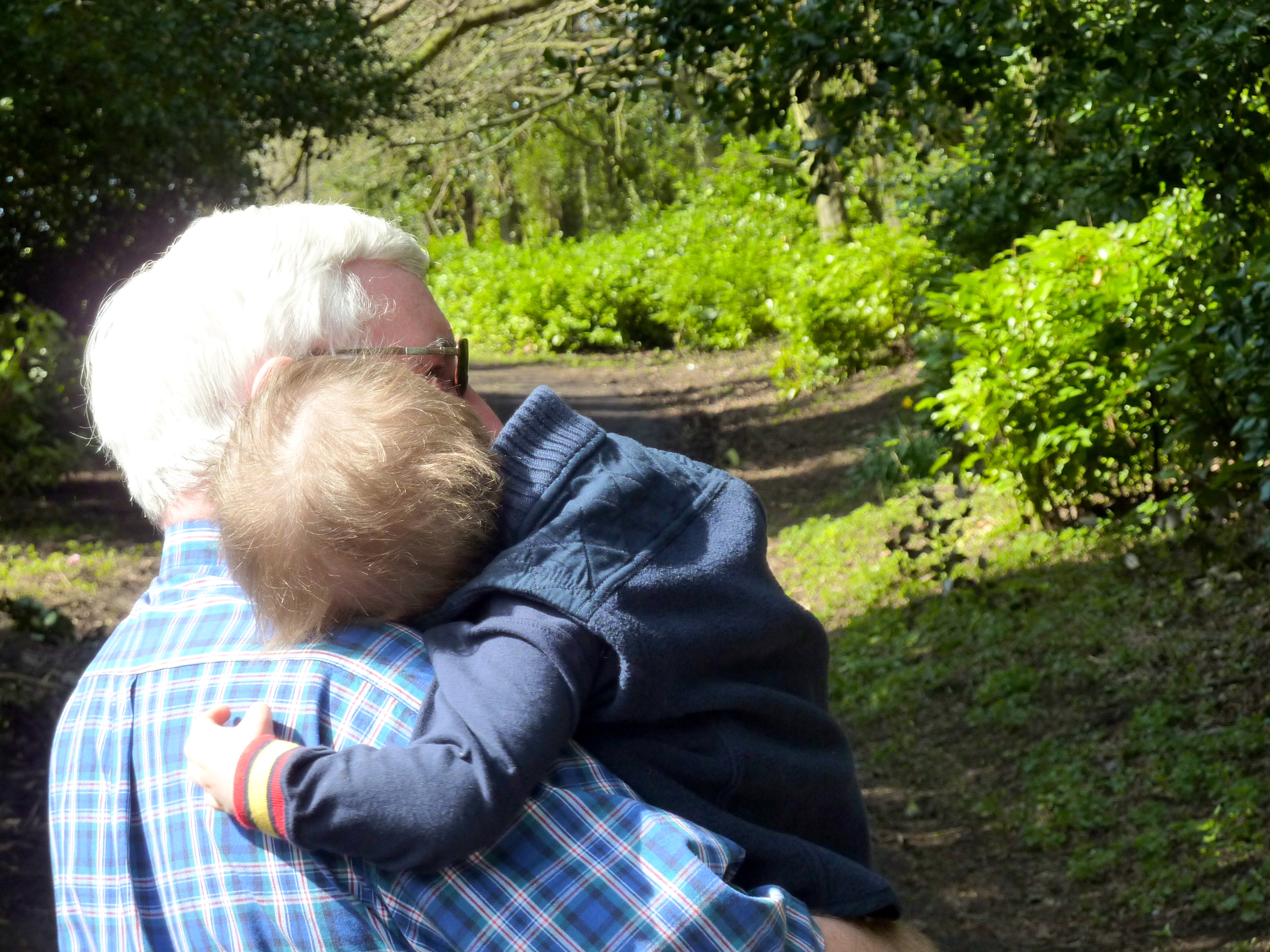Parents who ask Baby Boomers or more elderly grandparents to care for their children for part of the day should be sure that the caregivers can hear well to assure that their children will be safe.
“There is a direct correlation between a caregiver’s ability to hear, and the safety of the baby-sitting environment for the children,” says Dr. Sergei Kochkin, Executive Director of the non-profit educational organization, the Better Hearing Institute (BHI).
With the start of school, many parents rely on family members to watch their children after school or on weekends.
“If your child’s babysitter is one of the 24 million people who need hearing aids and don’t have them, there could be serious problems,” Kochkin warns. “The risks of not hearing a smoke or carbon monoxide detector could be fatal, as they have been for some. Not hearing weather warnings could expose them, and your children, to a flood, tornado, or hurricane. Spending too much time speech reading while driving can cause a crash, as can failing to hear a siren.”
Kochkin added: “Older children have been known to take advantage of an adult’s hearing loss and get ‘permission’ to do something the adult wouldn’t agree to if they understood what the child said. The emotional repercussions of untreated hearing loss, depression and anxiety, can also endanger your children.”
BHI statistics indicate that that 18 percent of baby-boomers (aged 45 to 64) have hearing loss and 29% of people aged 65 and older have hearing loss. Many decline to do anything about it, Kochkin points out. Recent research by the BHI indicates that one in 5 new users of hearing aids do so out of concern for their safety or the safety of their loved ones.
Kochkin cites one case involving a 66-year-old man who was aggravated that his wife dragged him in to a hearing evaluation, and decided that he did not need the amplification the audiologist recommended. Eighteen months later, while watching his 3-year-old grandson, the child opened the screen door of the living room while his grandfather was there and wandered down the street. A neighbor found the child and returned him.
“The family forced the grandfather to get his hearing checked and get amplification if he was ever again to sit with his beloved grandson,” Kochkin said. “After reluctantly getting his hearing aids, he realized how much he had put his own grandson in jeopardy.”
Kochkin said that one of the biggest concerns is failing to hear smoke detectors. The vast majority of people with hearing loss hear low pitches but not the high ones, which is what smoke detectors emit. Studies have shown that young children do not respond to smoke detectors, needing to hear a familiar voice calling to them by name to wake up and get out of the house.
“In general, the inability to hear well can pose real safety dangers to all of us,” Kochkin says. “People who cannot hear well may make for less safe drivers, as they sometimes cannot hear emergency vehicles or may spend too much time with their eyes off the road in an attempt to communicate with a passenger. People who ride bicycles need to hear what’s coming up behind them. And the caretaker must be forever vigilant to environmental cues of impending danger such as a home intruder or a child crying in another room.”
“My advice for anyone who is concerned that a caregiver or family member can’t hear properly is to make an appointment with a hearing health professional (audiologist or hearing instrument specialist) for a hearing screening,” Kochkin said. Kochkin says that modern hearing aids can help most people hear better and provide a safer environment for themselves and others.
Founded in 1973, the Better Hearing Institute is a not-for-profit educational organization whose mission is to educate the public about hearing loss, its treatment and prevention. To receive a free copy of BHI’s 28 page booklet “Your Guide to Better Hearing,” visit its website at http://www.betterhearing.org or call the Better Hearing Institute hotline at 1-800-EAR-WELL.
SOURCE Better Hearing Institute

